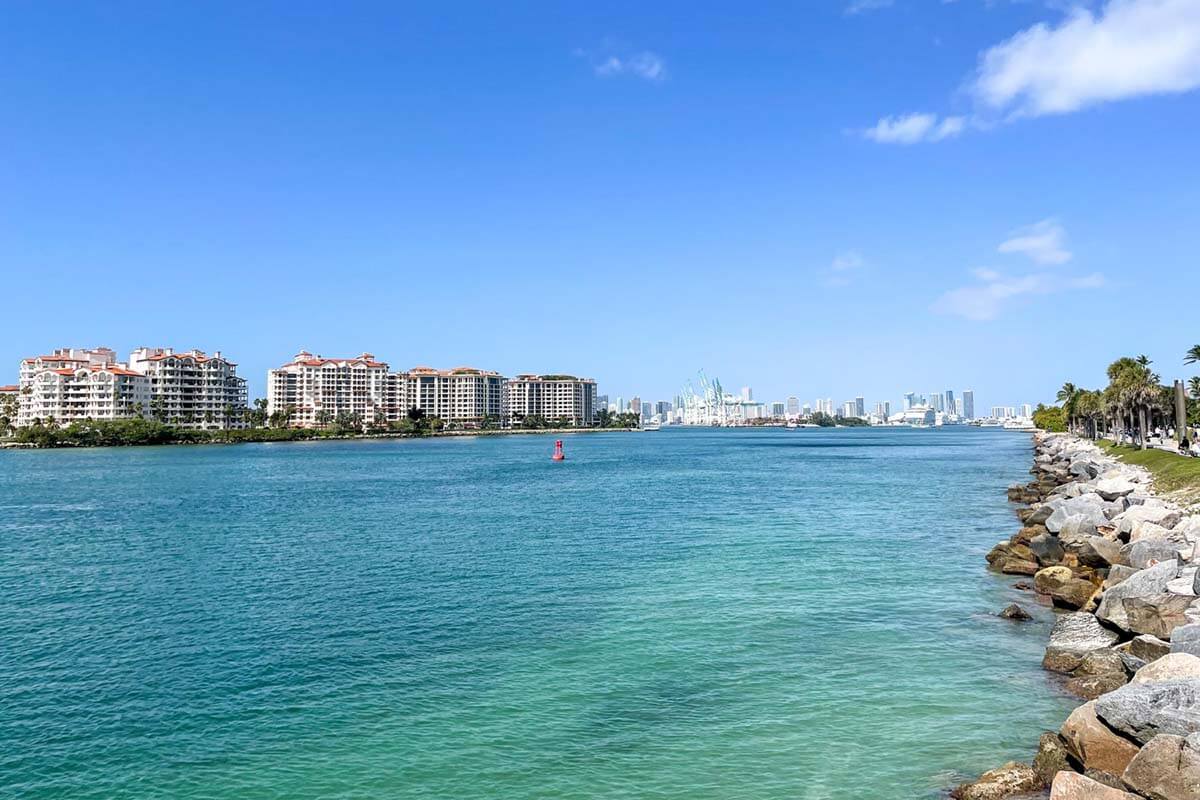
If a foreigner who owns real estate in Florida passes away, the properties owned are subject to Florida probate law. Florida courts have exclusive jurisdiction over real property located in the state.
Content:
- Who is considered a foreign national?
- Inheritance with a will
- Inheritance in Florida without a will
- Who is entitled to what share?
- Immediate relatives
- Extended family
- How do I bequeath property in Florida to my children?
- Half-blood relatives
- Cancellation of inheritance rights in Florida
- Inheritance Taxation in Florida
Who is considered a foreign national?
A foreign national or non-citizen of the United States is someone who was born outside of the United States and has not been naturalised under federal law.
Inheritance with a will
A will regarding the inheritance of houses or apartments in Florida must be drafted following state rules. You can prepare the document yourself using one of the convenient online programmes or do it with the help of attorneys.
For a will to be considered valid under Florida inheritance laws, the testator must personally sign it in the presence of at least two witnesses. However, if injury, illness, or other physical impairment prevents this, having another person sign it in the testator's presence is permissible. The witnesses must then also sign the document. It must specify the executor who will handle the distribution of all property included in the inheritance and identify the beneficiary of each property.
A will made in a state other than Florida will require an apostille.
Subsequently, the document will first be processed through the appropriate authorities in the jurisdiction where the decedent resided (if the decedent did not live in Florida) and then probated in the county where the decedent owned assets in Florida. Several probate proceedings may be required depending on how many locations the decedent had assets in.
The person who holds a valid will must file it with the local court no later than 10 days after the testator's death.
After that, one of three situations comes: disposition of the estate without administration, simplified administration, and formal administration. The first option is only permissible if the deceased did not own the land or property. The court does not intervene, although the heirs are still asked to apply.
If the subject of the inheritance is a piece of land, apartment or houses in Florida, a personal representative of the heirs will be appointed to certify the documents and administer the estate. An employee of a law firm usually provides related services.

Inheritance in Florida without a will
If a property owner dies without a valid will, their estate is left at the discretion of the state's inheritance laws.
According to these laws, all heirs receive equal shares of the property, legally called per stirpes (legal term, Latin). For example, if four biological and/or adopted children are found to be the sole legal heirs to real property, they would each receive 25%.
Although the Florida court determines how the property is divided among the deceased's relatives, it does not distribute it. Instead, the court appoints a surviving spouse, a person chosen by most of the heirs, the closest related/most qualified heir, or any other person deemed capable enough to do the job. This person will handle the estate division and negotiations between the heirs and be responsible for paying any debts left behind by the deceased.
Who is entitled to what share?
The right to share in property inheritance, depending on the degree of kinship, is distributed among the heirs as follows (see below).
Immediate relatives
- If a spouse has no children, all property goes to the spouse.
- If there is a spouse and children only by consanguinity — all property to the spouse.
- If there are a spouse and children from relationship to spouse and relationship to another person — 1/2 property to a spouse, 1/2 property to all children.
- If a spouse and children are from a relationship with the spouse and the spouse has children with another person — 1/2 of the property to the spouse, 1/2 of the property to the joint children only.
- If there are children but no spouse — all property to children.
Extended family
- If there are parents but no spouse or children — all property goes to the parents.
- If there are no parents — all property passes to siblings.
- If there are no siblings — all property is divided equally between nephews and nieces.
- If there are no nephews and nieces — the property is divided equally between the paternal/maternal grandparents.
- If there are no grandparents — the estate is divided equally between paternal/maternal aunts and uncles.
- If there are no aunts and uncles — the estate is divided equally between paternal/maternal cousins.
- If there are no cousins — all property goes to the former spouse's family if the former spouse is deceased.

How do I bequeath property in Florida to my children?
The only condition under which a decedent's children will receive their parent's entire estate is if the parent dies without a surviving spouse.
Under Florida law, biological children have the greatest inheritance rights of any child. This applies whether the children were born in wedlock, as long as paternity can be proven scientifically or by the parent's acknowledgement before their death.
Although grandchildren are also direct relatives, they do not receive immediate inheritance rights unless their parent has died.
Adopted children have the same inheritance rights as biological children. The same benefits apply to children conceived before the estate owner's death but born afterwards.
Three types of children who will not receive inheritance rights:
- stepchildren (but not adopted children)
- biological children given up for adoption
- stepchildren.
Florida law does not consider children in these groups to be legally related to the deceased, and they are disinherited unless there is a valid will naming them as heirs.
Half-blood relatives
Under Florida law, half-blood family members have half the inheritance rights of full-blood members. Thus, while full-blood and half-blood relatives must divide property in a probate inheritance, those half-blood relatives of the deceased will receive only half of what their full-blood relatives receive. If only half-blood relatives, they will receive the entire inheritance.

Cancellation of inheritance rights in Florida
The probate court can revoke all inheritance rights of a testator convicted of murder or suspected murder from the heirs listed in the will.
The latter is possible based on circumstantial evidence, even if it is insufficient to prosecute the suspect.
Inheritance Taxation in Florida
Taxation can be an essential issue in Florida inheritance administration. It is important to consult a lawyer specialising in this area to ensure that taxation issues are handled appropriately. It is best to do this even before making a will. Florida does not have the mandatory inheritance tax ("death tax") that many states have. Many taxes apply only to estates above a certain amount ($12.06 million as of 2023).
Heirs, such as non-US citizen spouses, can inherit property in the same manner as US citizens. However, different tax laws would then apply to them and, as the lawyers cautiously point out, "the scope of their application is not always clear." In the worst case, without the help of lawyers to advise on how to avoid this, foreigners may have to pay a tax of up to 15 per cent of the value of the inherited property.
